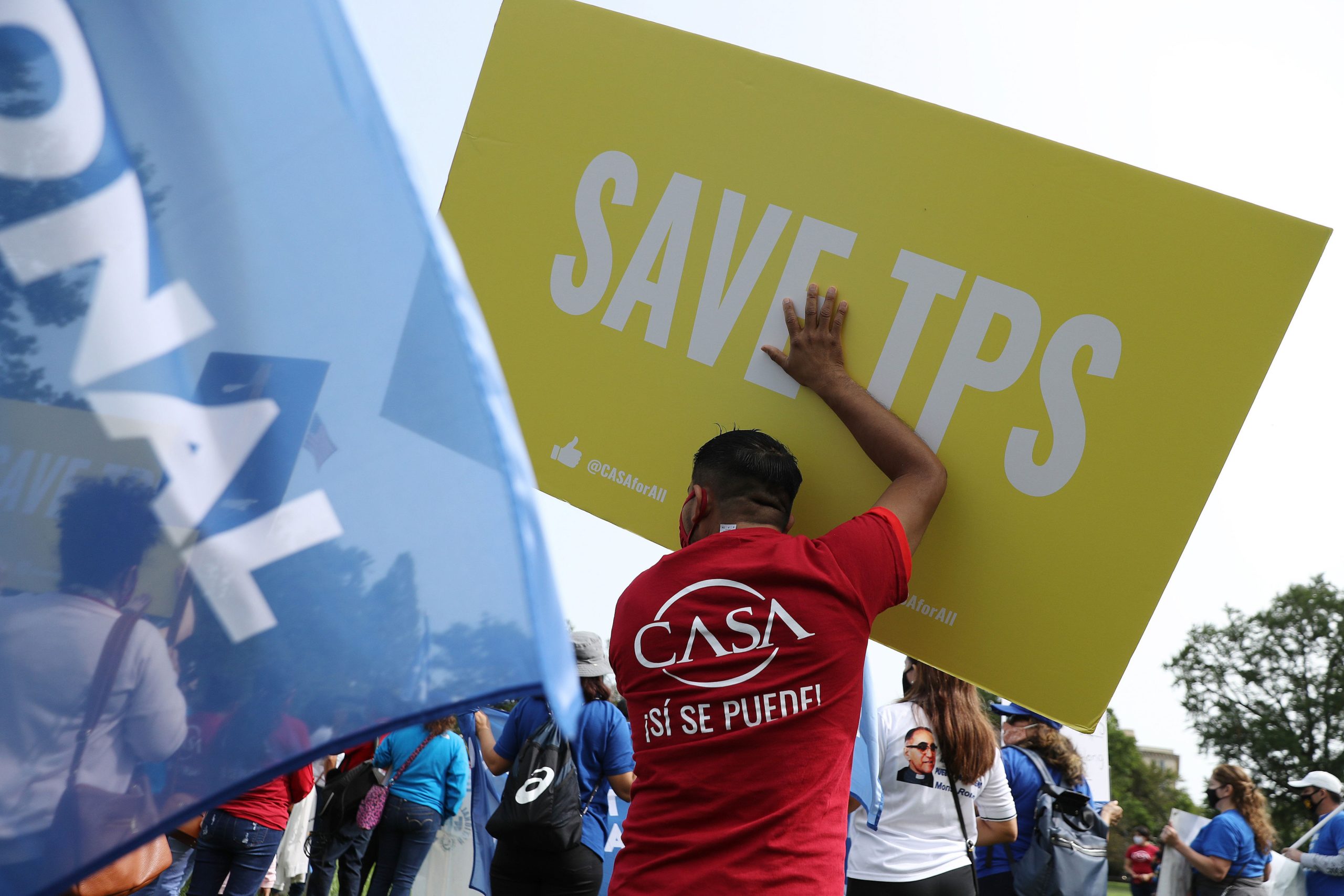Impact of Policy Changes on Immigrants from Nicaragua and Honduras
Tens of thousands of Nicaraguan and Honduran immigrants who were previously protected from deportation may now face increased vulnerability as the Trump administration moves to end legal protections for these groups. This decision comes as the Department of Homeland Security (DHS) announced the revocation of Temporary Protected Status (TPS) for individuals from both countries, citing that the conditions that initially justified the protection no longer exist.
Understanding Temporary Protected Status (TPS)
Temporary Protected Status is a designation granted by the DHS to immigrants from countries experiencing severe natural disasters or ongoing conflicts. It provides temporary relief from deportation and allows recipients to work legally in the United States. However, TPS does not offer a path to citizenship or lawful permanent residency. The program was originally established to support those affected by crises such as Hurricane Mitch, which devastated Central America in 1998.
Nicaragua and Honduras received TPS designations in 1999 following the destruction caused by Hurricane Mitch. According to the DHS, both countries have since recovered, and it is now deemed safe for individuals to return. However, the State Department has issued warnings about travel to both nations, highlighting concerns such as wrongful detention in Nicaragua and high levels of crime in Honduras.
The Policy Change and Its Implications
The policy change, set to take effect on September 8, could impact up to 76,000 immigrants, including many who have lived in the U.S. for decades. While TPS is typically valid for 18-month periods and can be renewed, its termination means that individuals without green cards or other legal status could be at risk of deportation.
This move is part of a broader effort by the Trump administration to reduce legal protections for immigrants. Similar actions have been taken against TPS beneficiaries from Venezuela, Haiti, Afghanistan, Cameroon, and Nepal. Additionally, the administration ended a parole program that had shielded hundreds of thousands of immigrants from Cuba, Haiti, Nicaragua, and Venezuela from deportation.
Legal Challenges and Public Reaction
The National TPS Alliance and individuals from affected countries are challenging the policy changes in court, arguing that they are motivated by racial bias and violate constitutional principles. In a recent development, the Supreme Court allowed the Trump administration to proceed with a policy that revoked TPS for Venezuelan immigrants.
Jhony Silva, a plaintiff in one of the new lawsuits, expressed his devastation over the decision to terminate TPS for Honduras. He shared that he has lived in the U.S. since he was three years old and works in a hospital caring for cardiac patients. “I’ve been doing it the ‘right way’ the whole time,” he stated.
Broader Context and Ongoing Concerns
This policy shift reflects a larger trend within the Trump administration’s approach to immigration, focusing on stricter enforcement and limiting legal pathways for immigrants. Critics argue that these measures disproportionately affect vulnerable communities and fail to consider the complex realities faced by those seeking refuge in the U.S.
As the debate continues, the future of TPS remains uncertain, leaving many immigrants in limbo and raising questions about the long-term implications for families and communities across the country.







